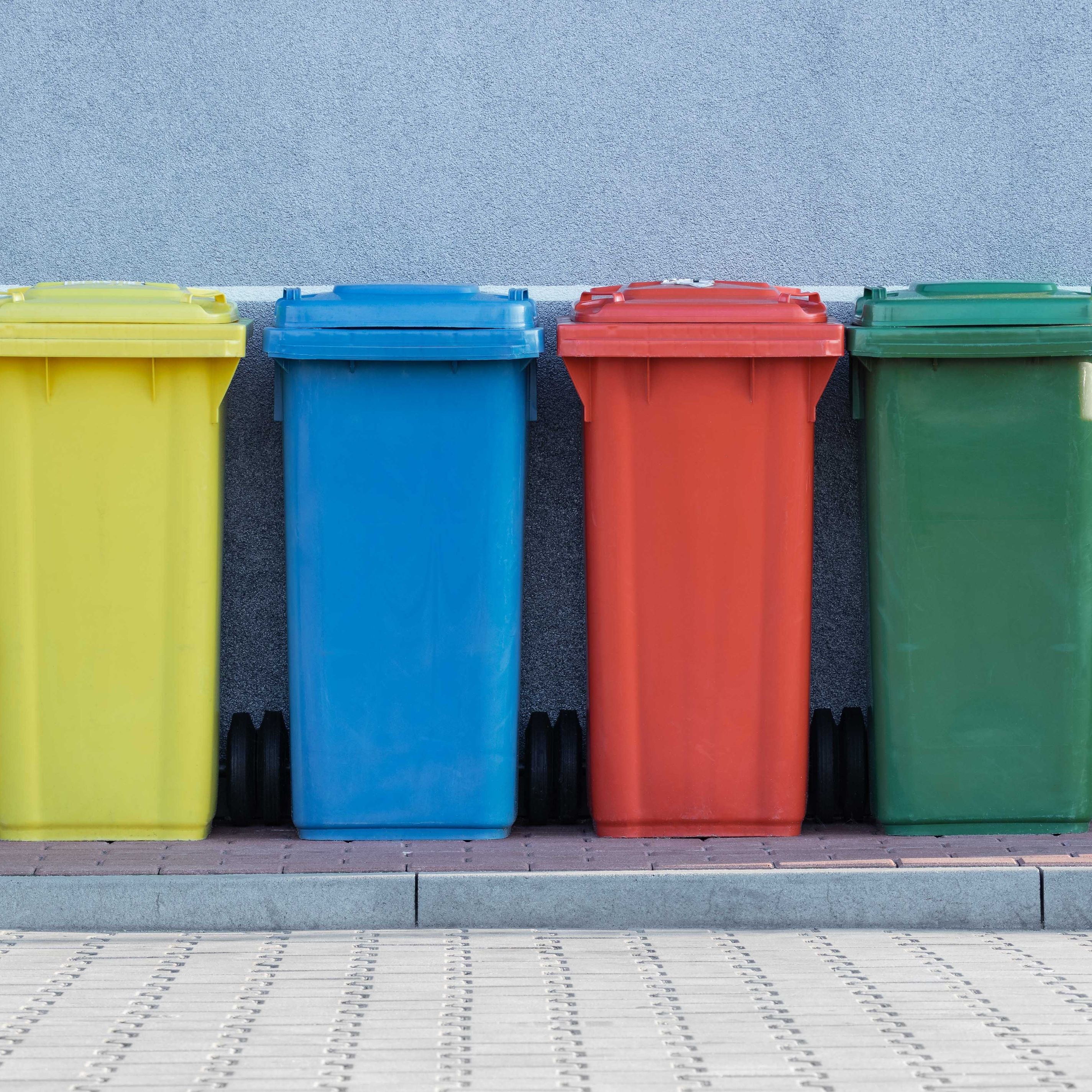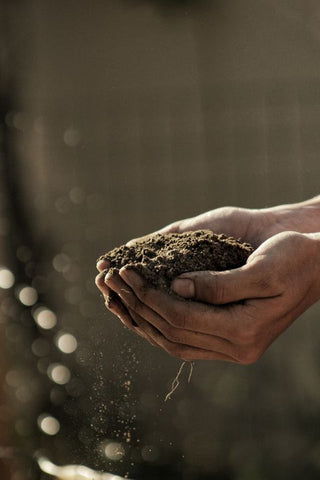The Ultimate Waste Guide

It’s all too easy to throw a plastic bottle in the recycling bin, and subconsciously congratulate yourself for clean, green living. The casual ‘but I recycle it’ line, has become an excuse commonly thrown about to justify a purchase. My mum loves using it when she gets growled at for using crap she doesn’t need to!
The inconvenient truth: recycling has a significant environmental footprint.
Why? Recycling itself requires a huge amount of energy and resources. This includes the running of collection facilities, the transportation of recyclables (often across the world), not to mention the original manufacturing process itself. Remember the tagline REDUCE, REUSE, RECYCLE? There is a reason RECYCLE is listed last!
If recycling has been your go-to, or you want to explore these ideas further, here’s what to focus on instead…
REDUCE
Minimalism is so in! One of the most effective sustainable moves you can throw into your life, starting today, is to Refuse, Reduce, and Minimise. This involves saying a big fat “NO” to single use plastics, and being mindful of each and every item you bring into your life.

Just because an item is recyclable, compostable, ethical, or eco-friendly, does not mean that single use (think compostable coffee cups) and unnecessary stuff (think any eco product you won’t actually use, eg. CaliStraws, or a KeepCup if you’re not a coffee drinker) is justified. The product has still taken a bunch of resources to be created!
Adopt the ‘stylish spartan’ mindset, and you’ll be away laughing.
A great way to do this, is to ask yourself the following whenever you’re about to buy something:
-
Do I really need this?
-
Will I use it?
-
Is there a more sustainable alternative?
-
If so, how will I dispose of it at the end of its life?
Since we have structured society as we know it, around buying stuff and feeling good about it, this can sound very overwhelming. Don’t worry; you don't have to go cold turkey. Setting a new goal each month is an effective way to make habit changes that stick. Baby steps will slowly lead to a solid stack of eco cred.

REUSE
Reusable items are epic and for sure a crucial part of your eco tool kit! Think mason jars, colourful thermal drink bottles and, a CaliWoods favourite, stainless steel straws! Reusable items are now going with us everywhere; bags in the car for shopping and keeping cutlery, coffee cups and straws with us

If you’re beginning to think that you’re just one person who can’t instigate change, think again. Consumer power is real. Social media pressure recently resulted in smoothie bar, Habitual Fix, adopting reused (and reusable!) mason jars and durable straws, setting it above former Kiwi juice bar favourites.
Especially since the explosion of social media, consumers drive market change in a big way. Where we put our dollars, represents the type of world we want to live in: don’t throw that power down the drain.
RECYCLE
If you don’t have the option to reduce and reuse, next option down the list to do recycle.

As well as being resource intensive and wasteful (in some cases, the recycling process can cost more than extracting the original resources!), recycling creates two key problems:
1. Pollution from processing recycling without the appropriate facilities.
2. The illegal trade of recyclables where hazardous recycling is being dumped in developing countries (2011, Report by the Institute of Developing Economies).
If you are recycling, unfortunately it requires more thought than just throwing paper, cardboard, plastic, tin, or glass into the recycling bin. For example, certain bioplastics, such as PLA are not a recyclable, and are instead designed to break down in commercial composting plants (more on this soon).
Any plastic that can be crumpled in your hand, including every single one of the 1.6 billion plastic carry bags Kiwis use each year, cannot be recycled by our councils due to the risk of jamming our processing machines. The Australian company we ship our soft plastics to, have become overwhelmed with too much soft plastic. The demand for the products they turn our plastic into (bench seats, playground equipment, bollards), doesn’t match the amount of plastic being sent over. They’ve closed their doors.
Recycling is not a walk in the park . Different councils have different regulations and systems. There’s no guide to New Zealand recycling: it all varies on where you are in the country.
Make sure to check your local council roadside recycling guidelines for what is, and is not, recycled in your area. Always keep in mind the basics: wash off food residue, flatten boxes, and remove any broken glass.
COMPOST
Bioplastics (plant derived plastics) are marketed as the perfect solution to the plastic crisis. Although better in the pre-life, being made from plants rather than oil, bioplastics take a significant amount of energy to produce and need proper disposal. Consider the water footprint and deforestation that result from producing the base plants. Additionally, bioplastics need high temperatures and sophisticated commercial facilities to break down.
As noted above, many recycling facilities won’t accept packaging lined with certain bioplastics due to contamination risks. Because New Zealand's own commercial composting industry is still developing (much like all of our recycling systems), for now, our bioplastics won't actually be composted and rather end up in landfill.
When it works, compost is king. Breaking down waste and returning it into the ground, is supreme to any type of recycling or landfill solution.

To maximise the benefits of bioplastics and composting, consider:
- Composting at home. Find a quick DIY compost guide here.
- Locate community composting sites.
- Find a domestic commercial composting service, like Compost Couriers or We Compost.
- If you’re a workplace, responsibly handle back-end food waste by calling on your local commercial composting services: Compost Couriers and We Compost can handle this too.
If you want to know the specifics of composting, have a read of one of our latest blogs we put together here.
REDUCE REUSE RECYCLE
It’s important to look at the waste situation with a dose of reality. It can feel too massive to tackle but take power in your individual actions - they are all adding up to collective impact and things are really starting to change. By learning and then following the above steps and you will be well on your way to moving passed Recycling on onto sorting your waste like an eco god/goddess!

“Unless we address the underlying reasons why we buy so much, we will never truly feel that we have enough."
- Tags: Advanced Eco Tips
0 comments

